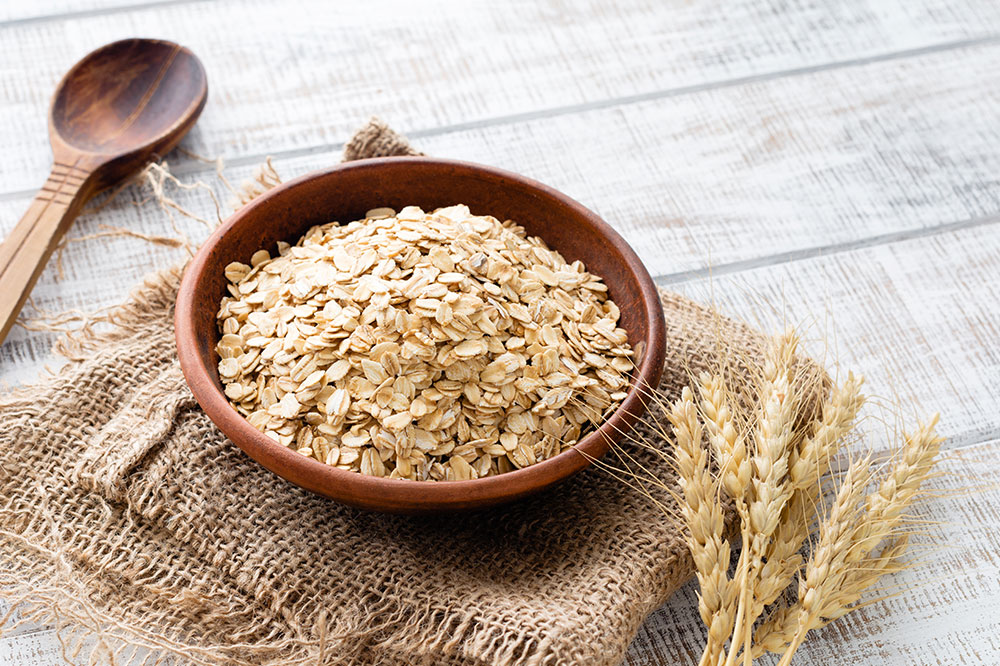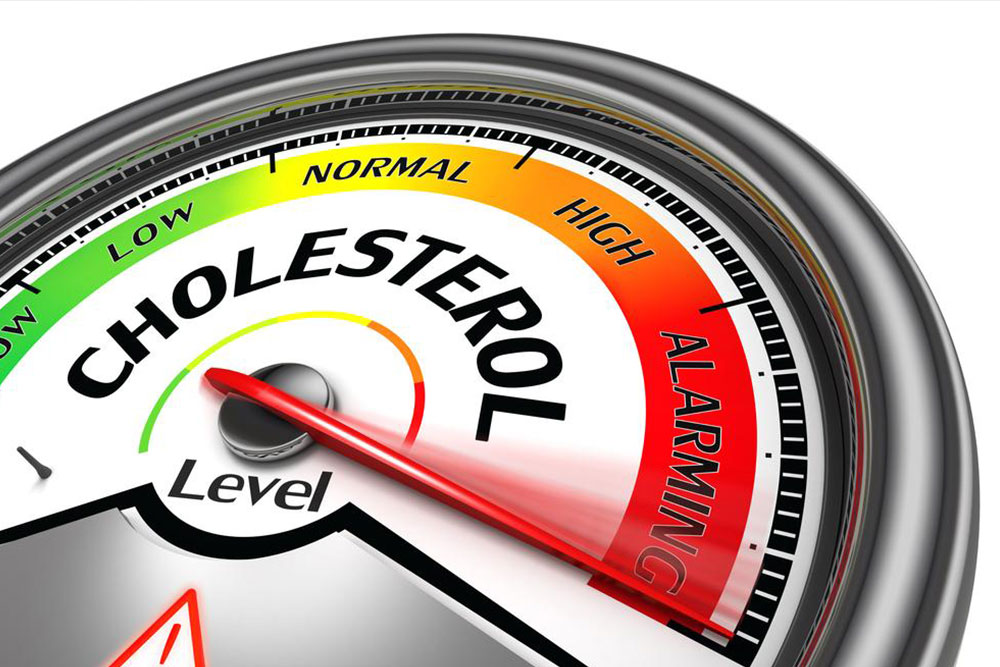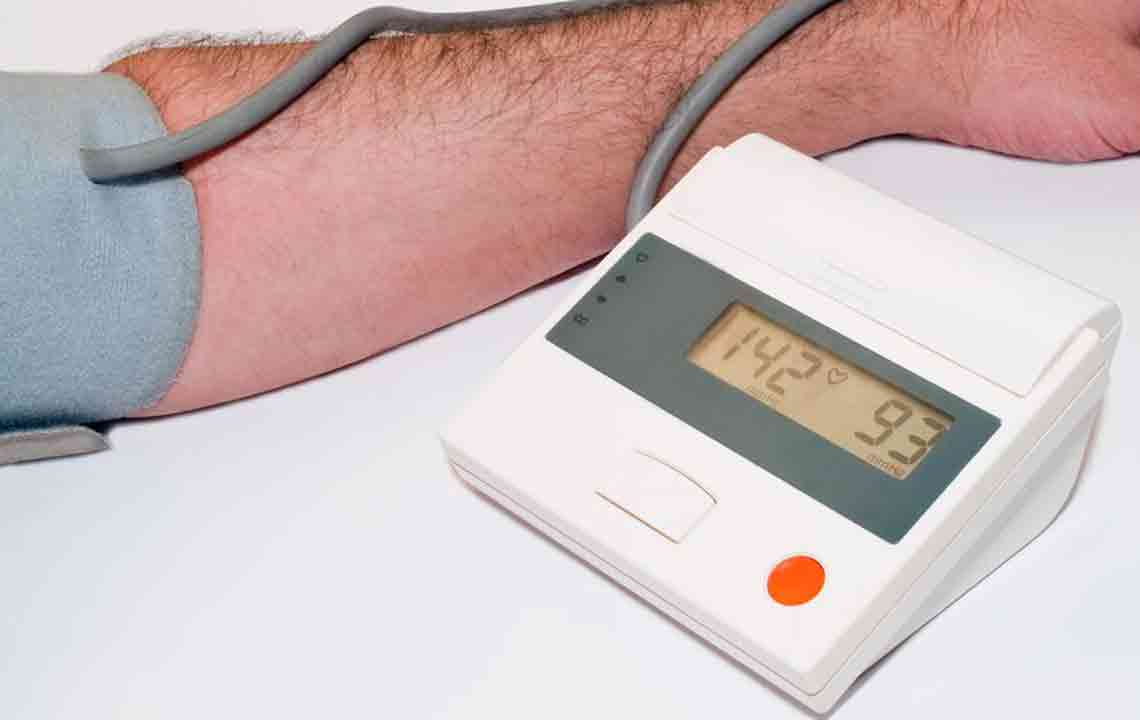Comprehensive Guide to Lowering Cholesterol: Effective Strategies for Heart Health
Discover comprehensive strategies to effectively lower cholesterol levels, including medical treatments, heart-healthy dietary options, and lifestyle changes. This detailed guide helps you understand how to reduce cardiovascular risks, optimize your lipid profile, and promote overall heart health through evidence-based approaches.

Comprehensive Guide to Lowering Cholesterol: Effective Strategies for Heart Health
Cholesterol is a waxy, fat-like substance that is essential for building cells and producing hormones. The body naturally synthesizes cholesterol, and it is transported through the bloodstream via lipoproteins. While cholesterol is necessary for various physiological functions, having elevated levels, particularly LDL cholesterol often termed "bad cholesterol," can pose serious health risks. Excess cholesterol can accumulate in the arterial walls, leading to narrowing or complete blockages, which significantly increase the risk of coronary artery disease, heart attacks, and strokes.
According to data from the Centers for Disease Control and Prevention (CDC), nearly 94 million adults in the United States suffer from high cholesterol—an alarming figure reflecting the widespread nature of this condition. Managing cholesterol levels is therefore crucial in reducing cardiovascular risks and promoting overall health. This comprehensive article delves into medical treatments, dietary recommendations, and lifestyle modifications that are effective in lowering cholesterol, helping individuals achieve better heart health and longevity.
Medical Treatments for Cholesterol Management
Medical intervention plays a vital role in managing high cholesterol, especially when lifestyle changes alone are insufficient. Several prescription medications are commonly used by healthcare professionals worldwide. One of the most frequently prescribed drugs is Livalo® (pitavastatin), which belongs to the statin class of drugs. Statins are HMG-CoA reductase inhibitors that work by blocking an enzyme involved in cholesterol synthesis in the liver. This process effectively lowers low-density lipoprotein (LDL) cholesterol, often referred to as "bad cholesterol," while simultaneously increasing high-density lipoprotein (HDL), or "good cholesterol."
Livalo® is particularly effective in reducing triglycerides and preventing the buildup of arterial plaque, thus lowering the risk of heart attack, stroke, and other cardiovascular diseases. It is approved for use in adults and, in some cases, in children over the age of eight with inherited hypercholesterolemia. For individuals with familial hypercholesterolemia—a genetic condition characterized by extremely high cholesterol levels—doctors might prescribe Repatha® (evolocumab), a PCSK9 inhibitor. Repatha® works by enhancing the liver's ability to remove LDL cholesterol from the bloodstream, providing an extra layer of control for patients with stubborn cholesterol issues.
It is important to consult with a healthcare provider before starting any medication regimen. Regular monitoring through blood tests helps evaluate the effectiveness and adjust dosages as necessary. Besides statins and PCSK9 inhibitors, other medications like ezetimibe or bile acid sequestrants may be used in certain cases to help achieve target cholesterol levels.
Dietary Strategies to Improve Heart Health
Incorporate Heart-Healthy Foods
Certain foods have been scientifically shown to positively impact cholesterol levels. Dietary fiber plays a crucial role in managing cholesterol, especially beta-glucan fiber found in oats and barley. This type of soluble fiber binds with bile acids that contain cholesterol, promoting their excretion and thereby reducing the amount of cholesterol circulating in the blood.
Fruits like apples, grapes, oranges, and strawberries are rich in dietary fiber, antioxidants, and phytochemicals that support cardiovascular health. These fruits not only provide essential nutrients but also help in reducing inflammation and oxidative stress, which are linked to atherosclerosis.
Dark leafy greens such as kale, spinach, and collard greens are packed with lutein, fiber, and other phytonutrients that contribute to lowering LDL cholesterol. Including these vegetables in your daily meals can significantly improve lipid profiles.
Omega-3 fatty acids, primarily found in fatty fish like salmon, mackerel, and sardines, as well as plant-based sources such as walnuts, flaxseeds, and soy products, have proven benefits in reducing triglycerides and preventing abnormal heart rhythms. Regular incorporation of these foods into your diet can provide long-term cardiovascular benefits.
Lifestyle Changes for Optimal Cholesterol Control
Beyond medications and diet, lifestyle modifications are fundamental in effectively managing cholesterol levels. Physical activity, in particular, has remarkable effects. Engaging in at least 150 minutes of moderate-intensity aerobic exercise per week—such as brisk walking, biking, or swimming—can lead to significant improvements in HDL cholesterol while lowering LDL cholesterol levels.
Incorporating activities like walking after meals or cycling to work not only increases daily energy expenditure but also enhances overall cardiovascular health. For best results, aim for 30-minute sessions five days a week or more vigorous activity for at least 20 minutes, three times weekly.
Maintaining a healthy body weight through balanced eating and regular exercise is another critical aspect. Excess weight, especially around the abdomen, is associated with higher LDL cholesterol and triglycerides. Reducing body fat can improve lipid profiles and decrease the burden on your heart.
Other lifestyle habits include quitting smoking, limiting alcohol intake, and managing stress. Smoking damages blood vessels and decreases HDL cholesterol, while excessive alcohol consumption can elevate triglycerides. Incorporating stress management techniques like meditation or yoga can further support heart health.
In conclusion, lowering cholesterol is a multifaceted approach that combines medical treatment, mindful dietary choices, and active lifestyle modifications. Regular check-ups, staying informed about your health, and adopting sustainable habits are key to maintaining optimal cholesterol levels and ensuring a healthier, longer life.





